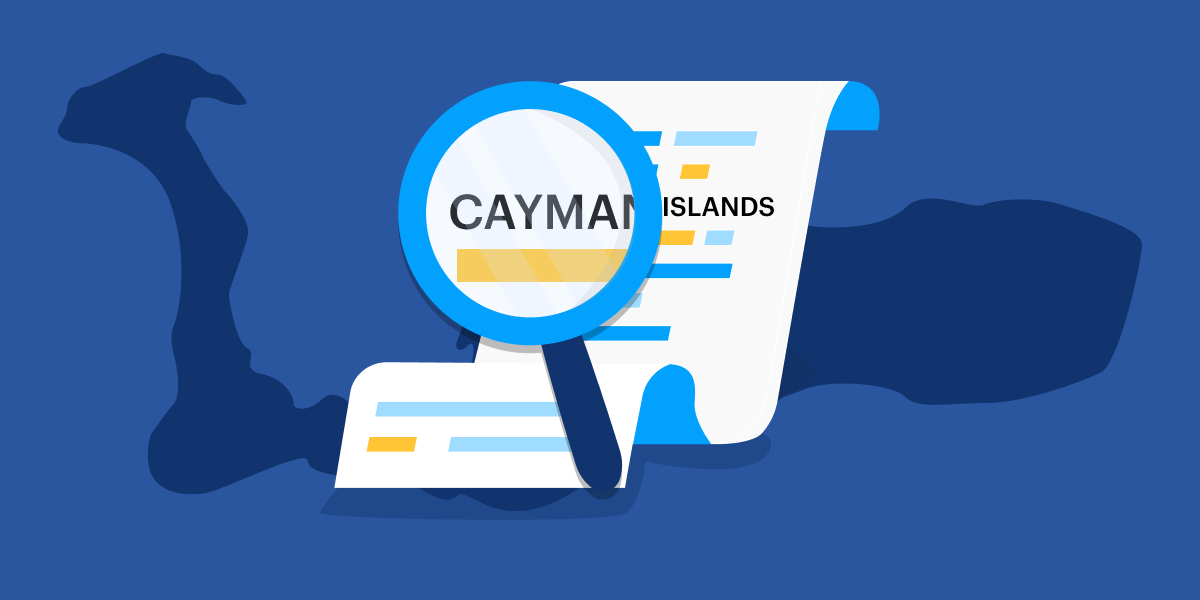Many VC and PE funds established in the Cayman Islands are subject to new regulations and operational requirements and must take action by August 2020. Here’s how Carta can help.
The Cayman Islands are commonly used by fund managers around the world as a place to establish venture capital and private equity funds. There are a number of reasons for this that largely stem from the favorable structural and operational environment that exists within the Cayman Islands for the establishment of venture capital and private equity funds. This environment helps facilitate both incoming and outgoing international investment.
This February, Cayman introduced a new law that introduces more oversight and regulation for many venture capital and private equity funds established there, in response to EU and other international recommendations. The transition period for the law to take effect ends on August 7th, 2020.
The change: what you need to know
The Cayman Islands government has introduced the Private Funds Law of 2020. This new law requires many closed-ended Cayman funds (i.e. “private funds” within the parameters set out in the law—including many Cayman venture capital and private equity funds) to register with the Cayman Islands Monetary Authority (CIMA) and satisfy a number of other operational requirements set out in the law.
The goal of the law is to ensure that Cayman regulatory standards reflect global standards for investors and financial institutions. Funds that are in scope of the law are required to take certain actions, including registering with the Cayman Islands Monetary Authority by August of 2020.
What this means for fund managers
This change means that many Cayman venture capital and private equity funds that did not previously need third party audits will now be required to have their financial statements audited and filed with the Cayman Islands Monetary Authority.
VC managers will need to appoint an AML Compliance officer (AMLCO), Money Laundering Reporting Officer (MLRO), and a Deputy MLRO for Cayman domiciled funds.
Additionally, tracking securities, cash management, and portfolio company valuations should be carried out by an independent third party like Carta, or internally at the fund assuming that person does not have a functional conflict of interest.
If fund managers do not comply, CIMA can exercise broad supervisory and enforcement powers.
How Carta can help
Carta’s fund administration and valuations teams can help funds navigate these new requirements in a timely manner. By combining technology and a highly experienced team, Carta can onboard new customers quickly and provide exceptionally prompt service to help funds navigate the new law.
Carta can directly provide services for fund accounting, valuations, and cash monitoring, and is widely used by over 400 venture funds and over 15,000 venture-backed companies around the world. Our team includes dozens of accountants and managers with many years of experience. Carta can also refer audit and law firm partners for Cayman domiciled funds.
If you’d like to learn more about how our team can help, book time to talk to an expert.
DISCLOSURE: This publication contains general information only and eShares, Inc. dba Carta, Inc. (“Carta”) is not, by means of this publication, rendering accounting, business, financial, investment, legal, tax, or other professional advice or services. This publication is not a substitute for such professional advice or services nor should it be used as a basis for any decision or action that may affect your business or interests. Before making any decision or taking any action that may affect your business or interests, you should consult a qualified professional advisor. This communication is not intended as a recommendation, offer or solicitation for the purchase or sale of any security. Carta does not assume any liability for reliance on the information provided herein.
